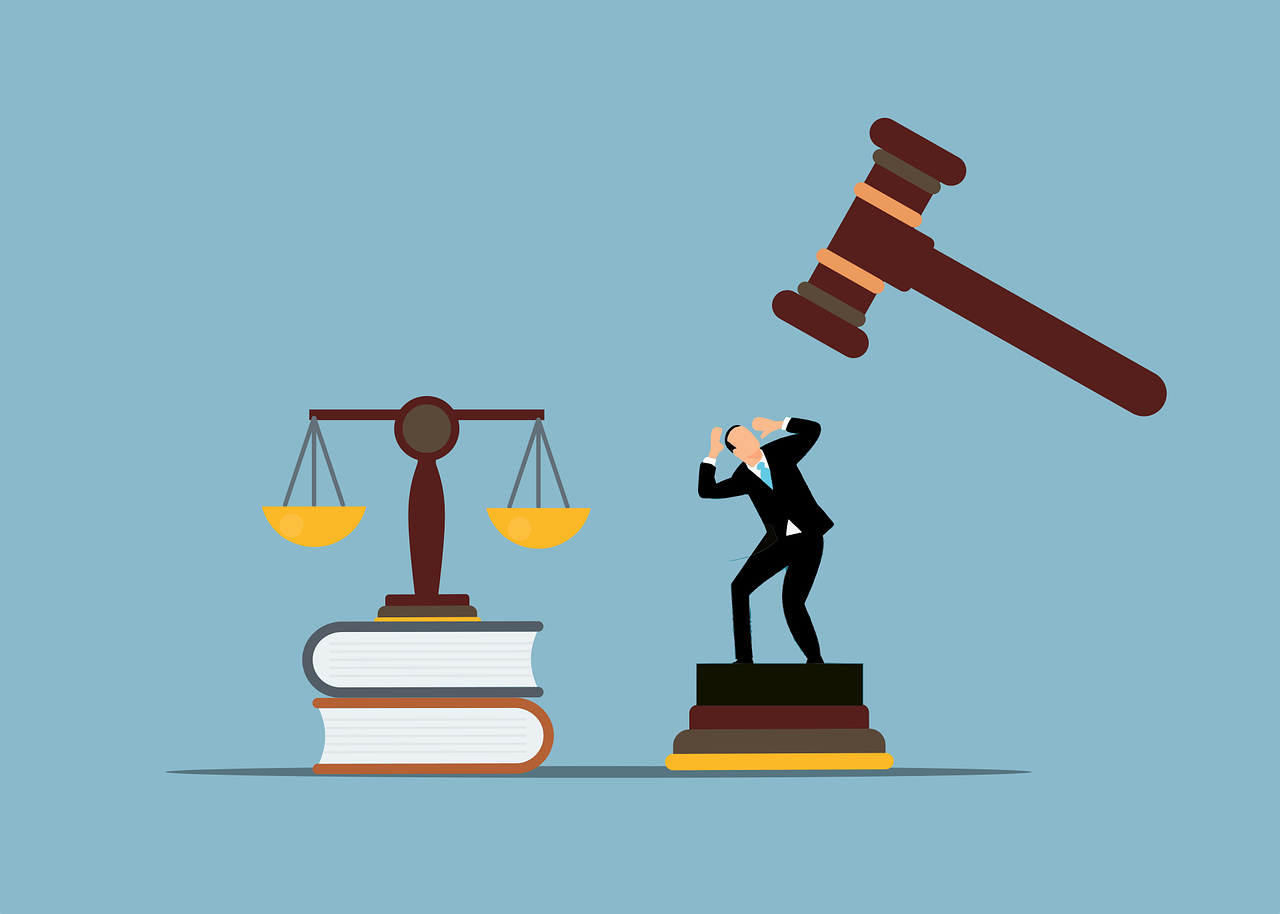Helpline: +91 94651-19900 | Email: [email protected]
In today’s digital age, where convenience is at our fingertips, online shopping has become increasingly prevalent. With just a few clicks, consumers can browse through a vast array of products and services, compare prices, and make purchases without leaving the comfort of their homes. However, as the popularity of e-commerce continues to soar, so do the concerns regarding consumer protection in this digital marketplace.
Consumer protection laws, which are designed to safeguard the rights and interests of consumers, play a crucial role in ensuring fairness and transparency in commercial transactions. But how do these laws apply to e-commerce websites? In this blog post, we will explore the applicability of consumer protection laws to online platforms and the measures taken to protect consumers in the realm of e-commerce.
Understanding Consumer Protection Laws
Consumer protection laws vary from country to country, but they generally encompass a set of regulations and statutes that govern commercial transactions and protect consumers from unfair or deceptive practices. These laws typically cover a wide range of areas, including product safety, advertising, pricing, warranties, and dispute resolution.
The Rise of E-commerce
The advent of e-commerce has revolutionized the way we shop, offering unparalleled convenience and access to a global marketplace. However, the borderless nature of the internet presents unique challenges when it comes to enforcing consumer protection laws. Unlike traditional brick-and-mortar stores, e-commerce websites may operate across multiple jurisdictions, making it difficult to regulate and enforce compliance with local consumer protection regulations.
Applicability of Consumer Protection Laws to E-commerce Websites
Despite the complexities involved, consumer protection laws are generally applicable to e-commerce websites. In many jurisdictions, online retailers are required to comply with the same regulations that govern traditional retailers. This means that e-commerce platforms must provide accurate product descriptions, disclose pricing information clearly, honor warranties, and protect consumers’ personal data.
Additionally, many countries have enacted specific legislation to address the unique challenges posed by e-commerce, such as electronic signatures, online contracts, and digital payments. For example, the United States has the Electronic Signatures in Global and National Commerce Act (ESIGN) and the Uniform Electronic Transactions Act (UETA), which establish the legal framework for electronic signatures and contracts.
Measures to Protect Consumers in E-commerce
To enhance consumer protection in the digital marketplace, various measures have been implemented by governments, industry organizations, and e-commerce platforms themselves. These measures include:
Transparency and Disclosure: E-commerce websites are required to provide clear and accurate information about products and services, including pricing, shipping costs, return policies, and any additional fees or charges.
Secure Payment Systems: E-commerce platforms must implement robust security measures to protect consumers’ financial information and prevent unauthorized access to payment data.
Dispute Resolution Mechanisms: Online retailers should offer accessible and efficient mechanisms for resolving disputes, such as customer service channels, mediation, or arbitration.
Consumer Education: Educating consumers about their rights and responsibilities when shopping online is essential for promoting awareness and empowerment. E-commerce websites can provide resources, FAQs, and guides to help consumers make informed decisions.
Regulatory Oversight: Governments and regulatory agencies play a crucial role in enforcing consumer protection laws and holding e-commerce platforms accountable for non-compliance.
Conclusion
In conclusion, consumer protection laws are indeed applicable to e-commerce websites, albeit with some unique challenges. As the digital marketplace continues to evolve, it is essential for governments, industry stakeholders, and consumers themselves to work together to ensure that robust safeguards are in place to protect consumers’ rights and interests. By promoting transparency, security, and accountability, we can foster trust and confidence in the online marketplace, thereby enabling the continued growth and success of e-commerce.




